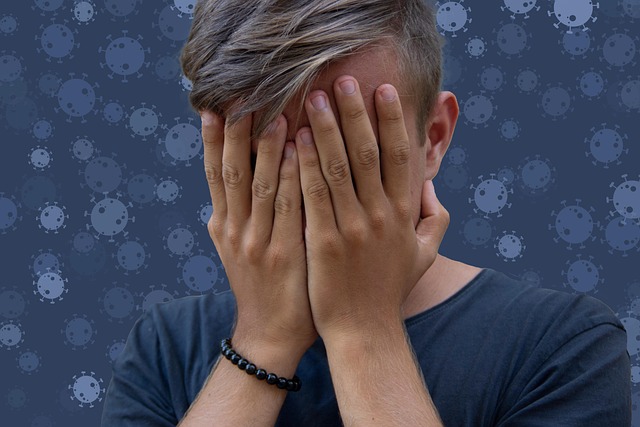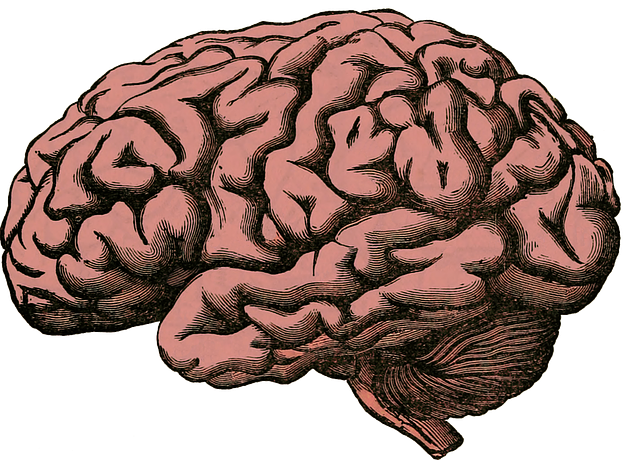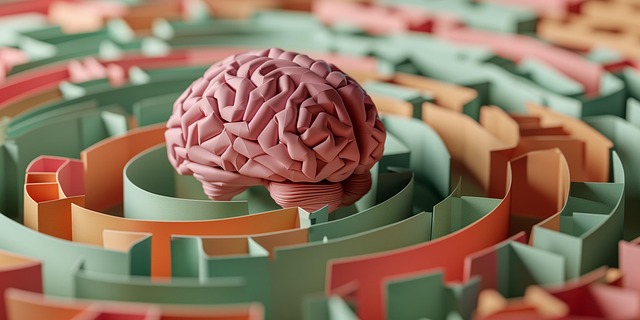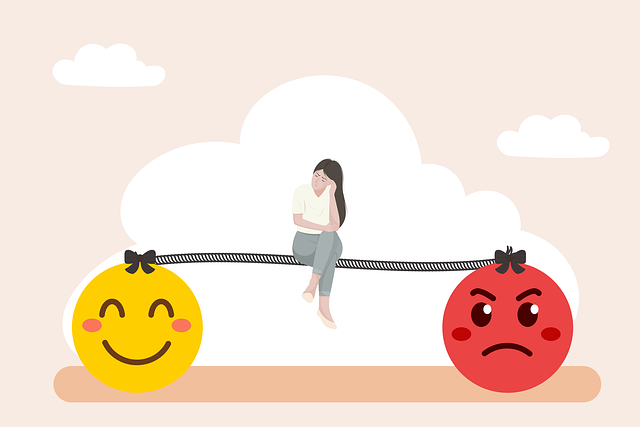Mental wellness is paramount for elders and women, who face unique struggles like isolation, caregiving stress, and gender-specific challenges. Therapy offers a safe space for processing experiences and developing coping mechanisms. Recent innovations include Emotional Well-being Promotion Techniques and Mental Wellness Podcasts. Personalized self-care routines, integrating mindfulness, age-appropriate exercises, and creative outlets, are key. Mental wellness coaching guides routine design, while professional risk assessments ensure targeted support. Overcoming life's challenges builds resilience, with community outreach programs reinforcing positive mental health trajectories. Therapy and community support empower individuals to maintain a healthy mindset and overcome future obstacles.
Mental wellness is a vital aspect of overall health, especially for elders and women facing unique challenges. This article explores strategies to enhance mental well-being through personalized self-care routines. We delve into understanding specific issues affecting elders and women, emphasizing the importance of identifying individual needs. Effective daily practices, including therapy options tailored to womens issues, are highlighted for a sustainable healthy mindset. Overcoming barriers, we offer solutions to ensure long-term mental wellness.
- Understanding Mental Wellness and Its Impact on Elders and Women
- Identifying Individual Needs: A Personalized Self-Care Routine
- Incorporating Effective Strategies for Daily Practice
- Overcoming Challenges and Sustaining a Healthy Mindset
Understanding Mental Wellness and Its Impact on Elders and Women

Mental wellness is a crucial aspect of overall health, especially for elders and women who often face unique challenges. Elderly individuals may experience increased isolation, reduced mobility, and cognitive changes, all of which can contribute to mental health issues like depression and anxiety. Similarly, women across various age groups encounter distinct problems such as stress related to caregiving, work-life balance, and gender-specific mental health concerns. These factors underscore the need for tailored support and self-care strategies.
Therapy plays a pivotal role in addressing these womens issues and elder mental wellness. Professional therapy provides a safe space for individuals to process their experiences, develop coping mechanisms, and enhance emotional well-being. Moreover, a thorough risk assessment for mental health professionals is essential to ensure the best care. Recent trends also include Emotional Well-being Promotion Techniques and Mental Wellness Podcast Series Production, offering accessible resources for those seeking support in navigating these complex topics.
Identifying Individual Needs: A Personalized Self-Care Routine

Identifying Individual Needs is a crucial step in developing a personalized self-care routine tailored to one’s unique mental wellness journey. What works for someone else might not be suitable or even beneficial for an individual, especially when considering diverse populations like elders and women, who often face distinct challenges. For instance, therapy for elders may focus on addressing loneliness, cognitive decline, or age-related fears, while women’s issues could encompass a broader spectrum of concerns, from stress related to caregiving to the unique mental health impacts of societal gender roles.
A personalized self-care routine should integrate activities that target specific needs, such as mindfulness practices for anxiety management, physical exercises suitable for age and mobility, or creative outlets for processing emotions. Mental Wellness Coaching Programs Development can offer valuable guidance in designing routines, while self-esteem improvement techniques tailored to individual experiences can boost resilience. Even exploring different mental wellness podcast series production formats might provide engaging ways to learn, connect, and heal.
Incorporating Effective Strategies for Daily Practice

Developing a robust mental wellness self-care routine is essential for maintaining emotional well-being, especially among women and elderly individuals who often face unique challenges. Effective strategies can include incorporating mindfulness practices such as meditation or deep breathing exercises into daily routines. These techniques have been shown to reduce stress and anxiety, promoting better mental health outcomes. For older adults, engaging in light physical activities tailored to their abilities, like gentle yoga or walking, can significantly enhance cognitive function and overall mood.
Additionally, seeking therapy specifically designed for elder care or addressing women’s issues can provide targeted support. Mental health professionals should prioritize risk assessment as part of their practice, ensuring they are equipped with the latest techniques for emotional well-being promotion. Healthcare provider cultural competency training is also vital to create inclusive environments that cater to diverse populations, fostering better engagement and outcomes in mental wellness initiatives.
Overcoming Challenges and Sustaining a Healthy Mindset

Overcoming challenges is a pivotal aspect of developing and maintaining mental wellness. For elders and women facing unique obstacles, therapy can be a powerful tool to navigate through difficult situations. Many elders struggle with feelings of isolation or loss as they age, while women often grapple with issues like gender inequality and societal pressures. A supportive therapist can help individuals process these challenges, offering valuable coping strategies and a safe space for emotional expression. By addressing past traumas, building resilience, and fostering self-acceptance, therapy empowers them to maintain a healthy mindset despite life’s hurdles.
Community outreach programs play a significant role in sustaining this positive trajectory. Implementing initiatives focused on mental health awareness can create supportive networks where individuals feel understood and encouraged. Through group discussions, peer support, or confidence-boosting workshops, these programs provide platforms for sharing experiences and learning from one another. Moreover, stress management techniques taught within such communities enable participants to actively care for their mental well-being, ensuring they have the tools to navigate future challenges with resilience and a sense of empowerment.
Developing a personalized mental wellness self-care routine is a powerful tool for both elders and women to navigate and improve their mental health. By understanding the unique impact of mental wellness on these demographics and identifying individual needs, one can create a tailored approach to well-being. Incorporating effective strategies into daily life, such as mindfulness practices, social connections, and self-reflection, enables individuals to overcome challenges and maintain a positive mindset. This proactive approach to mental health, especially through personalized care, is crucial in providing therapy and addressing women’s issues among elders, ultimately fostering resilience and enhancing their overall quality of life.














